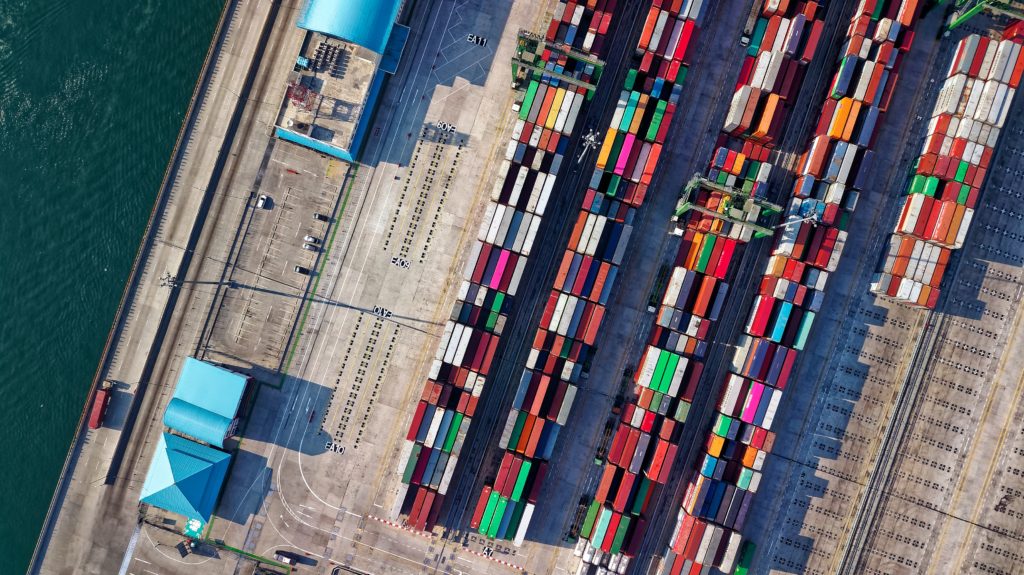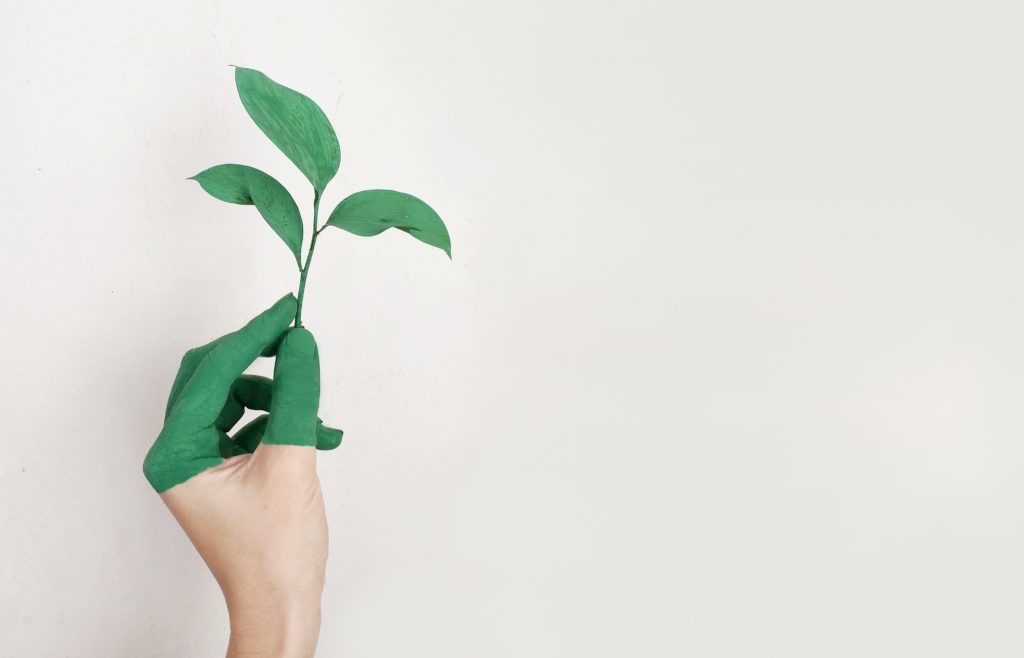Discussions around supply chain transparency generally focus on brands and retailers—namely, those who directly interact with consumers and whose reputations are at stake when it comes to commitments for responsible sourcing. However, brands and retailers work with many suppliers who form the backbone of their supply chains. Collaboration with these suppliers is important to ensure brand and retailer supply chains meet commitments for transparency, sustainability, and responsible sourcing. The willingness to be transparent about their supply chains, share data with their clients, and implement responsible practices leads to significant benefits for suppliers both in the immediate and long term.


















